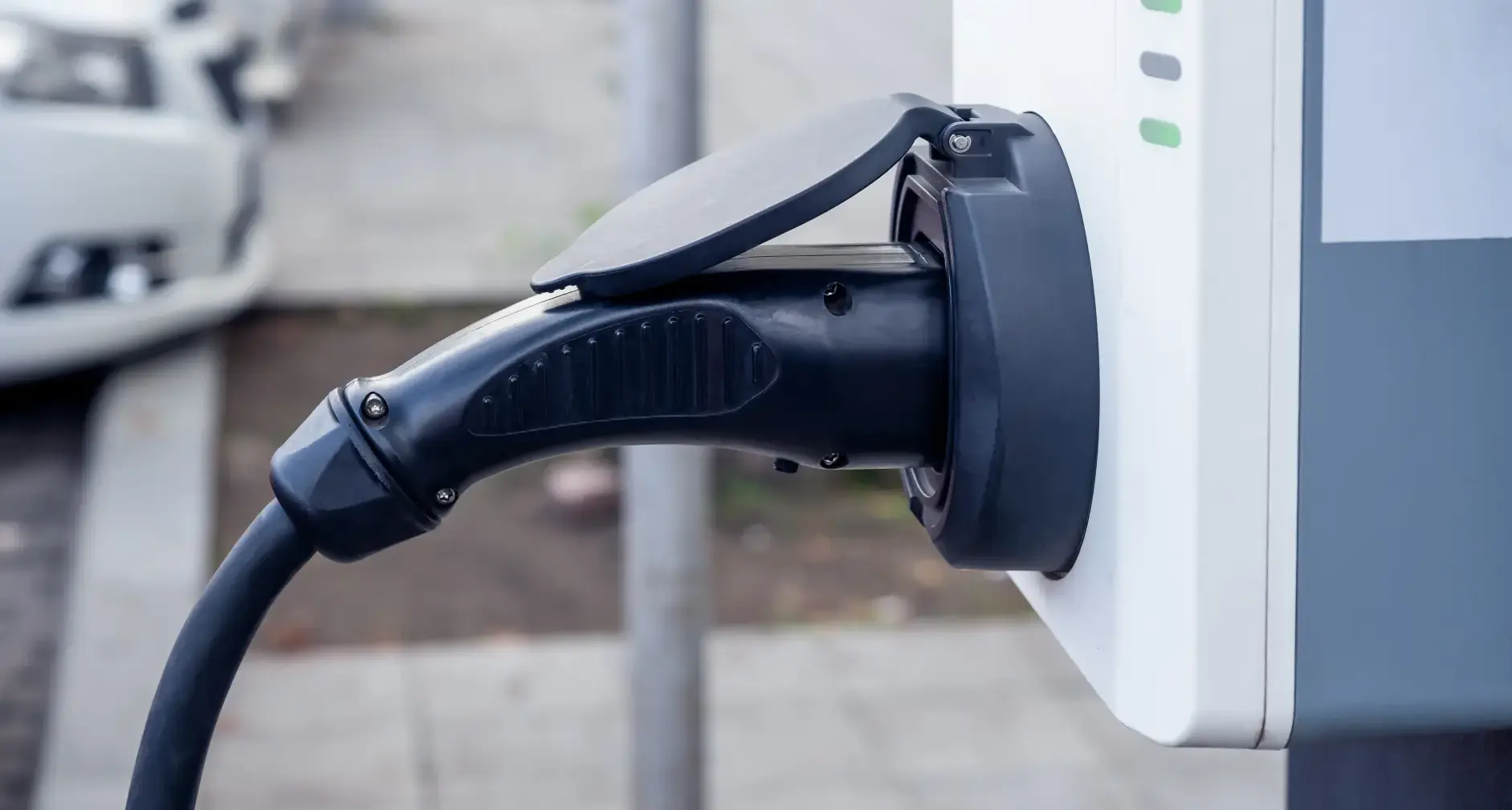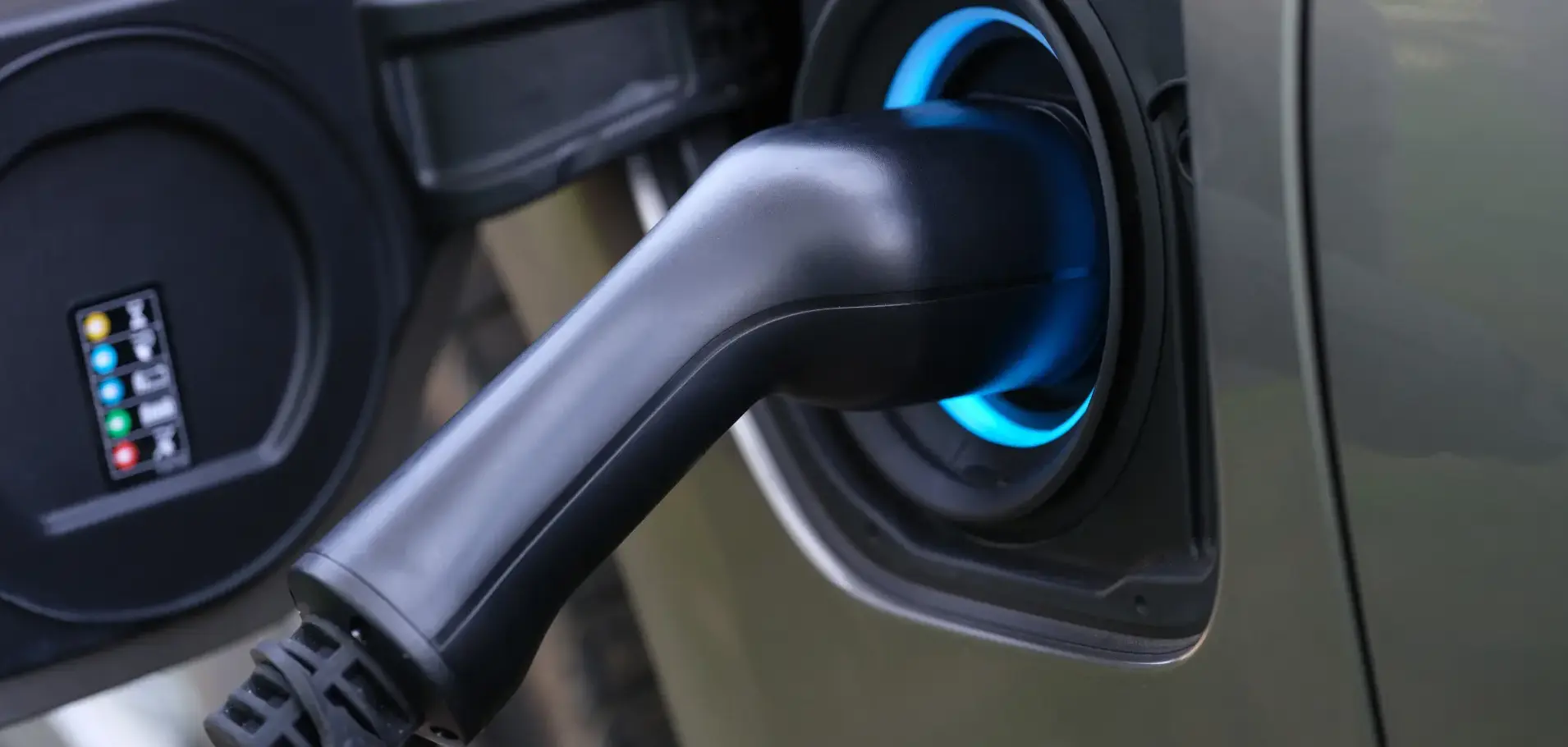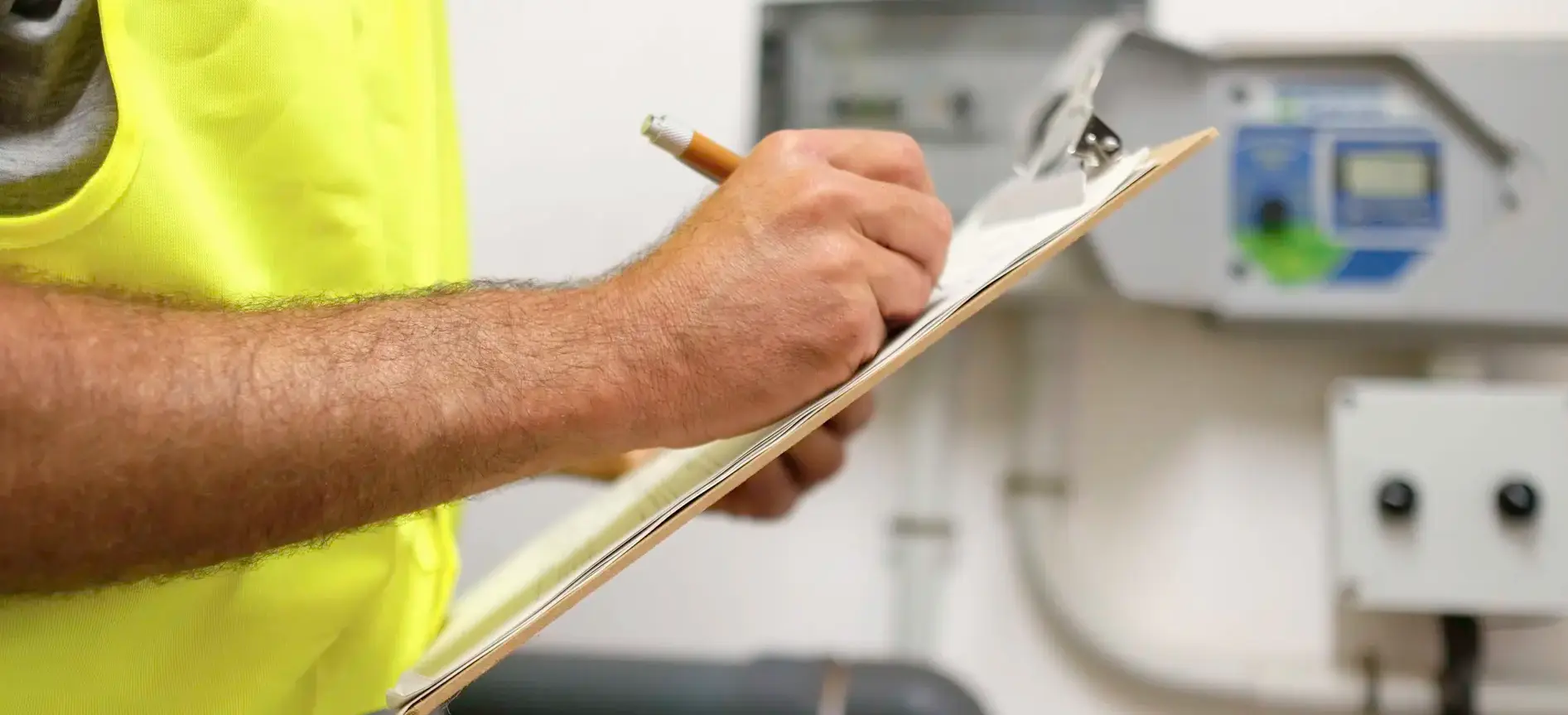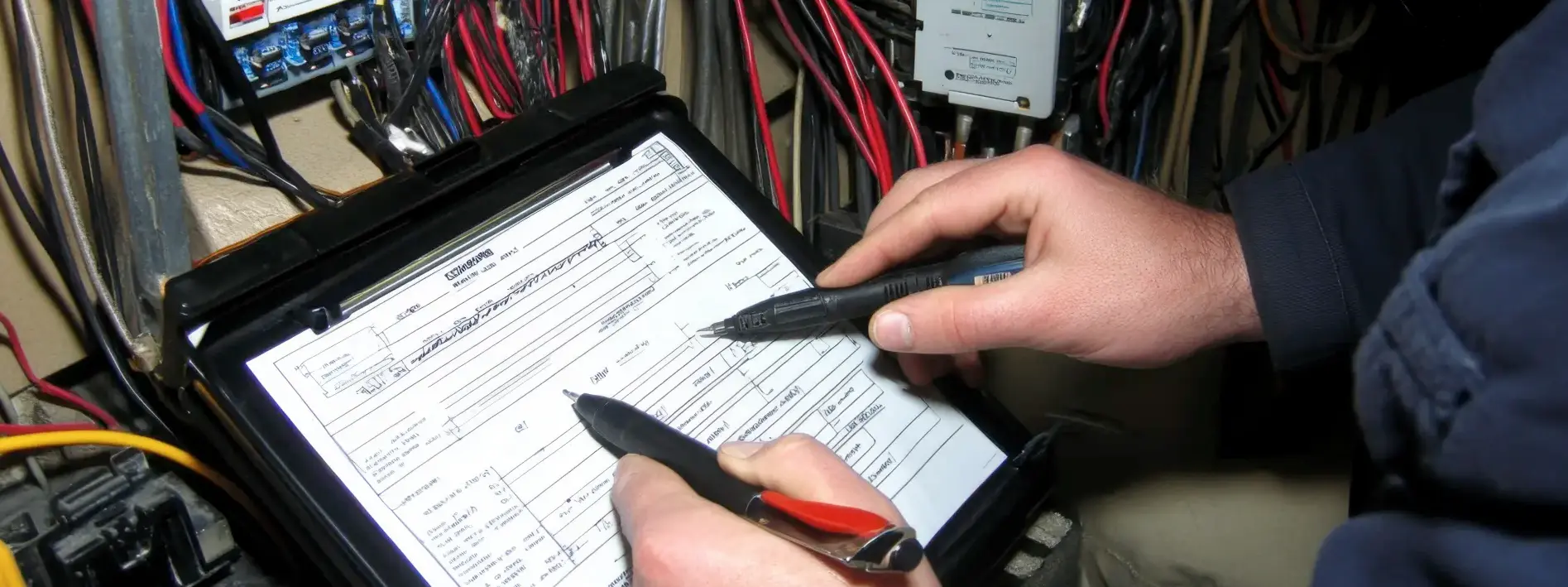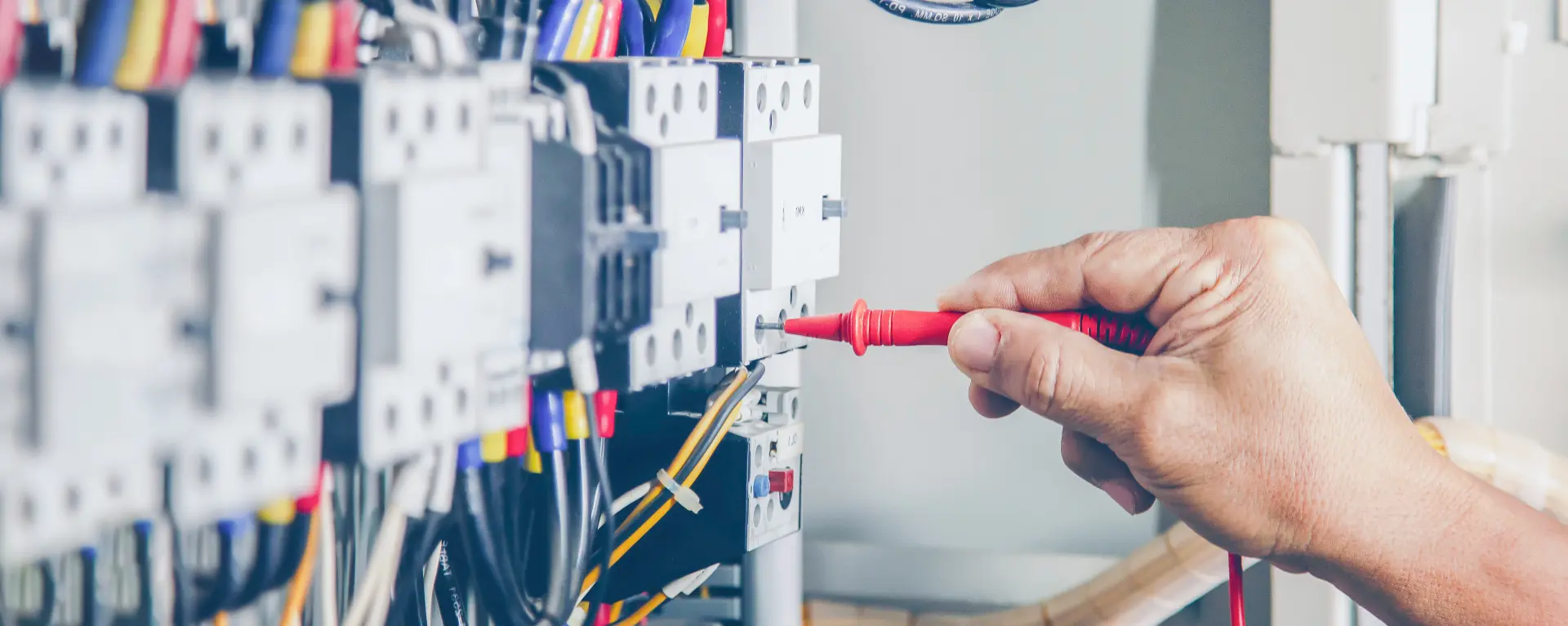Understanding the Different Types of EV Chargers
When looking into installing a charger at home, it helps to become familiar with the main types of EV chargers available. The most common options are slow chargers, fast chargers and rapid chargers, each designed to suit different needs. Slow chargers are usually the basic type and often plug into a standard household socket. They are the cheapest option but also the slowest, taking many hours to fully charge a vehicle. They can be useful for occasional use or overnight charging if you're someone who does not drive long distances.
Fast chargers are the most popular choice for home installations. They are quicker and more efficient, often providing a full charge in just a few hours. This makes them practical for everyday use, as you can plug in your car in the evening and have it ready by morning. Rapid chargers are mainly found in public charging stations rather than at home, as they need more power and specialist equipment. They can charge a vehicle very quickly, making them ideal for long trips, but they are not generally suited for household use.
Choosing the Right Location for Your Charger
Selecting a place to install your EV charger is an important step in making home charging practical and efficient for use. The location should be convenient for daily use, allowing you to park and plug in your car without hassle. For most people, this means installing the charger close to the driveway, garage or a regular parking space.
It is also wise to consider the distance from your home's electrical supply. The closer the charger is to your home or property's main power connection, the easier and more cost-effective your installation will be. If the charger needs to be placed further away, additional cabling may be required, which can increase the installation cost.
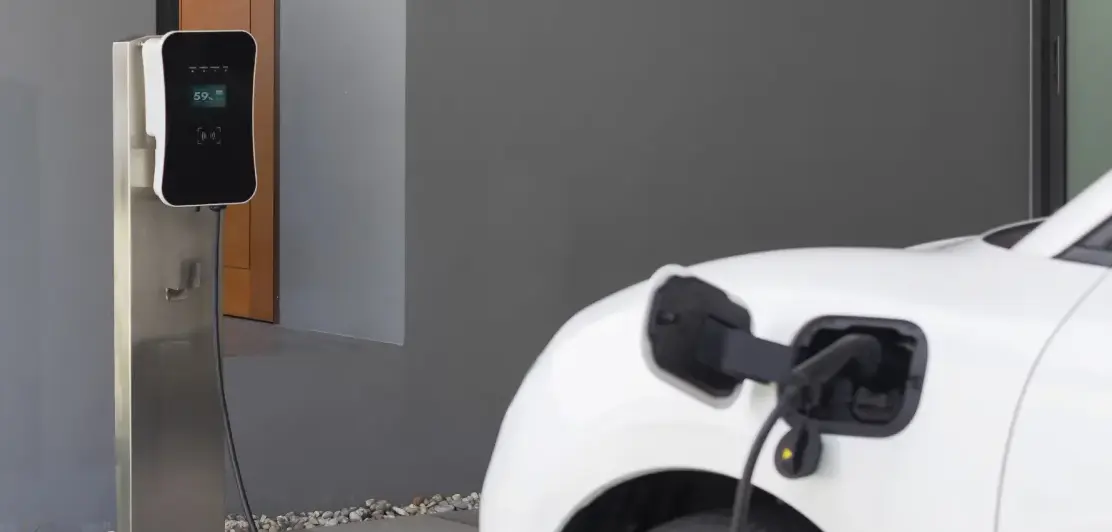
Weather protection is another factor to keep in mind. If the charger is fitted outside, it should be in a spot that is sheltered and easy to access in all seasons. A professional installer can also supply you with plenty of helpful advice on the best positioning to ensure safety and efficiency.
By choosing the right location, you make everyday charging simpler, reduce potential costs and ensure your charger is easy to use for years to come.
Permits and Regulations You May Need
Before installing a home EV charger, you must be wary of any permits and regulations you may need that apply to your area. In many areas, electrical work of this kind must meet certain safety standards, and only a qualified professional can carry it out. This makes sure the installation is completely safe for both your household and the wider electricity network.
Depending on where you live, you may need to notify your local authority or energy provider before installation. Some regions need there to be formal approval, especially if the charger has a higher power rating or if upgrades to your electrical system are needed. There may be some specific guidelines about where the charger can be placed on your property, particularly concerning external walls or any shared spaces.
A certified installer will usually handle these requirements on your behalf, making sure all paperwork and permissions are completed correctly. This not only saves time but also guarantees the installation meets legal and safety standards.
The Importance of Professional Installation
Having your EV charger installed by a professional is essential for both safety and reliability. A charger connects directly to your home’s electrical system, which makes correct wiring and setup crucial. If it is not installed properly, it could pose great risks like major electrical faults, damage to your property or even harm to your vehicle.
Trust the help of a qualified installer to make sure the charger is fit to the correct standard and follows with all existing safety regulations. They will also check your existing electrical system to make sure it can handle the extra load, making upgrades if necessary. That way the charger will operate smoothly and avoid problems later on.
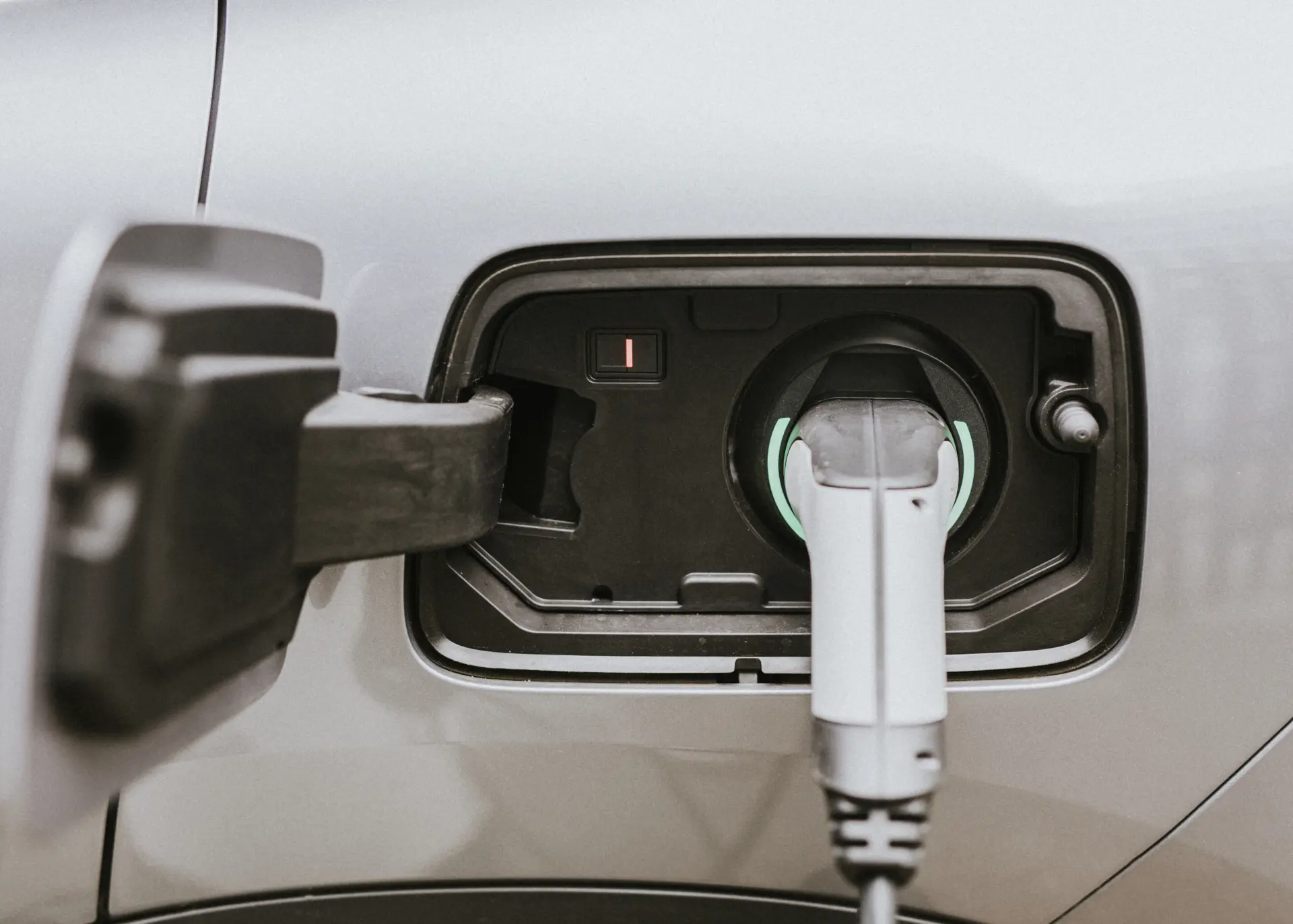
Professional installation also gives you the confidence that your warranty and insurance remain valid. Many manufacturers and providers require proof of certified installation for cover to apply. In addition, installers can offer advice on the best location for your charger and how to use features such as timed charging to save money.
Through selecting a professional installation, you will be protecting your investment and making sure the charging setup is entirely safe and long-lasting.
Estimated Costs and What Affects Them
The cost of installing a home EV charger can vary depending on several factors. On average, a standard installation is often affordable, but the final price will usually be based on the type of charger you have chosen and the condition of your home’s electrical system. A simple installation with a charger placed close to the main power supply is usually the most cost-effective option.
If your home needs any kind of electrical upgrade, such as a new consumer unit or extra wiring, this will ultimately increase its overall costs. The distance between your preferred charger location and the power source also plays a key part, and this is because longer cabling and extra work can add to the price. Outdoor installations may need to involve some type of weatherproofing or protective equipment, which can further affect costs.
Another factor to think about is the charger itself. Basic models are cheaper but may only offer slower charging speeds. More advanced units, with features such as smart charging or app controls, come at a higher price but can provide better efficiency and convenience in the long run.
We provide expert electrical charging services for homes and businesses in Northwood and the surrounding areas. If your looking for professionals who can install new EV chargers, look no further. Our team ensures safe, compliant, and efficient results tailored to your property’s needs.
